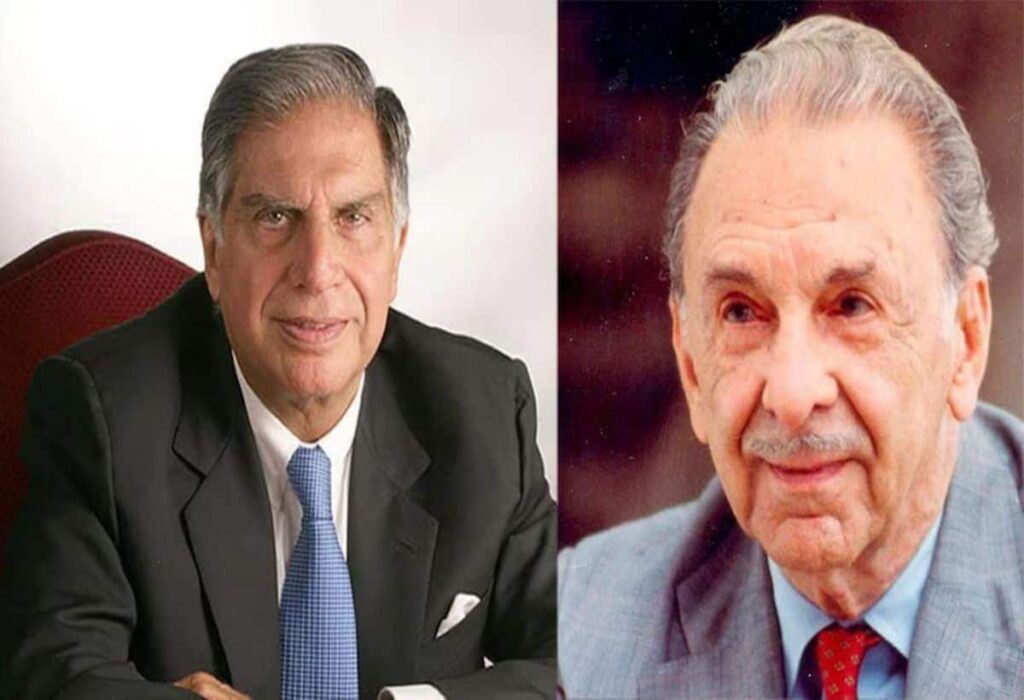Ratan Tata, a legendary industrialist and philanthropist, passed away on October 9, 2204, leaving behind a legacy that has significantly impacted both the business world and society at large. From his visionary leadership of the Tata Group to his considerable contributions to various social causes, Tata’s influence continues to resonate around the globe. His unwavering commitment to the betterment of society and his pioneering approach to business have secured his place in history. In this article, we will explore the lineage of Ratan Tata and his journey through the annals of Tata Group history.
The Tata Family Legacy
The Tata family has been an integral part of India’s industrial evolution. The founding patriarch, Jamsetji Tata, established the foundations of what would eventually become the Tata Group, a conglomerate that spans various industries such as steel, automobiles, and information technology.
The Foundational Era: Jamsetji Tata
Jamsetji Tata, born in 1839, was not only an entrepreneur but also an explorer of the possibilities of industry. His vision led to the establishment of several key pillars of Indian industry:
- The establishment of Tata Steel (then Tata Iron and Steel Company) in 1907.
- Initiation of the idea for the Indian Institute of Science (IISc) in Bangalore.
- Founding of the Taj Mahal Palace Hotel, which marked the beginning of the hospitality sector in India.
Ratan Tata: The Visionary Leader
Ratan Tata was born on December 28, 1937, and took over the reins of the Tata Group in 1991, a challenging time when the company faced various hurdles. His strategic vision and ability to adapt led to the global expansion of the Tata Group. Key milestones during his leadership include:
| Year | Milestone |
|---|---|
| 2000 | Acquisition of Tetley Tea |
| 2004 | Launch of Tata Nano, the world’s cheapest car |
| 2007 | Acquisition of Jaguar Land Rover |
| 2012 | Launch of Tata Docomo, revolutionizing telecommunications |
Philanthropy and Social Contributions
Ratan Tata’s contributions go beyond business; he has been a prominent figure in philanthropy. The Tata Trusts, of which he is a trustee, play a vital role in funding educational, health, and rural development initiatives across India. His initiatives have touched millions:
- Healthcare programs aimed at reducing poverty and improving the quality of life.
- Education reforms to enhance access to quality education for underprivileged children.
- Support for rural artisans and sustainable agriculture practices.
Recognition and Awards
Throughout his career, Ratan Tata received numerous accolades for his contributions to industry and society. Some notable awards include:
- Padma Bhushan (2008) – India’s third-highest civilian award.
- Honorary Doctorate from the University of Cambridge (2016).
- Fortune Magazine’s “Businessperson of the Year” (2010).
Conclusion
Ratan Tata’s journey is a testament to the power of visionary leadership and social responsibility. From Jamsetji Tata’s foundational work to Ratan Tata’s global expansions and philanthropic efforts, the Tata legacy continues to inspire future generations. As we reflect on the life of Ratan Tata, it is evident that his remarkable contributions will not only be etched in history but will also influence new leaders in their pursuit of excellence through ethical business practices and social welfare.
